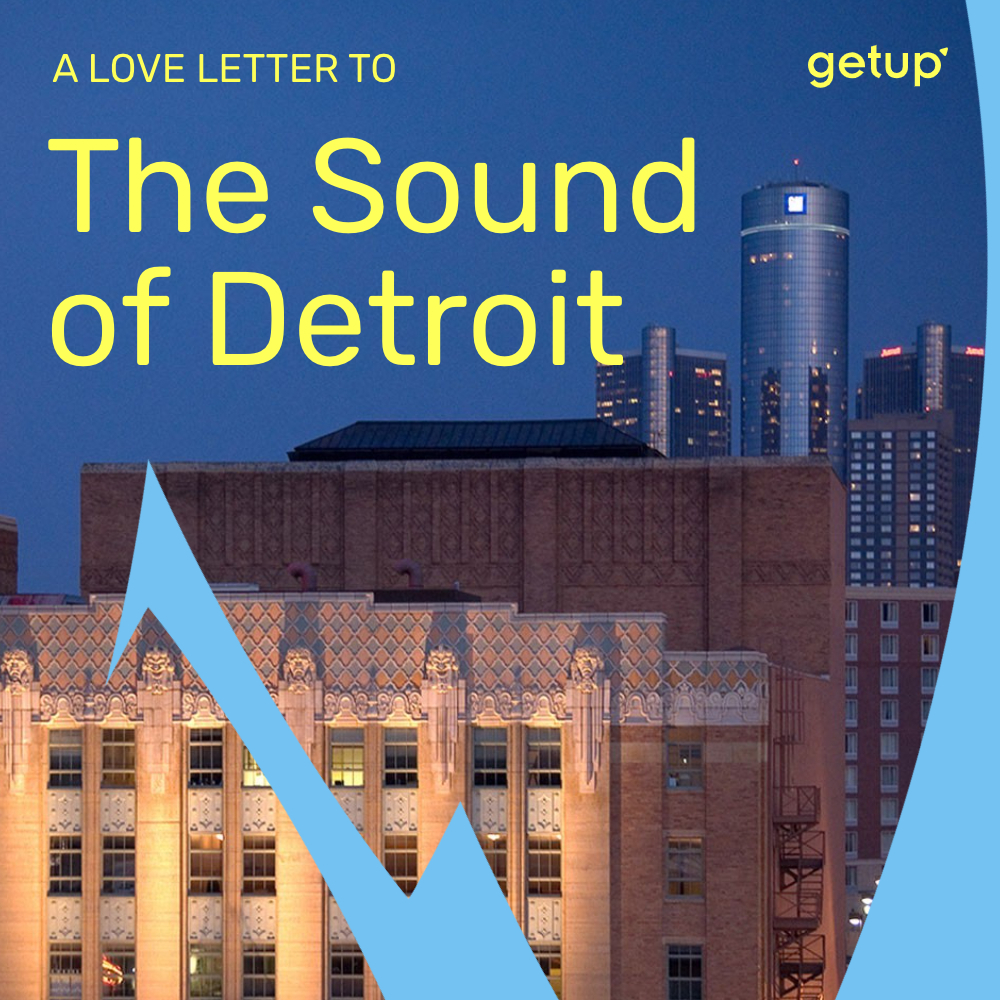“We almost lost Detroit this time.
How would we ever get over
Losing our minds?
Just thirty miles from Detroit
There stands a giant power station.
It ticks each night as the city sleeps
Seconds from annihilation.
But no one stopped to think about the people
Or how they would survive.”
Why start a selection dedicated to Detroit with a song by Chicago-born and New York-bred Gil Scott-Heron? Because with his words, the soul man reminded us that we almost lost Detroit on October 5, 1966, following an incident at Fermi 1, a nuclear reactor whose core had severely overheated. Would American Black music be the same without Detroit? With the Motown disappearing into nuclear radiation? Without techno – the sound invented by the trilogy Juan Atkins, Derrick May and Kevin Saunderson? Without Eminem expressing the evils of the ghetto?
All of them have put down roots in Detroit, the landmark city for the automobile industry, now-disused large warehouses that became the backdrop for post-urban reconquest experiments. “Frank Foster, Joe Henderson, Pepper Adams, Doug Walkins, Paul Chambers, Donald Byrd, Curtis Fowler... we provided battalions of jazzmen to New York!”, Marcus Belgrave once told me, a trumpet player who distinguished himself in the 1970s for creating a quality 100%-local label, Tribe Records.
It was at that time that Carl Craig grew up, the iconic techno pioneer who chose to pay tribute to these veterans in 2009 with a project called Rebirth. “Marcus and his partner, saxophonist Wendell Harrison, are legends of this city. Whether you are into soul, hip-hop or of course jazz, who hasn’t played or studied with one of them?” More broadly, the man-machine has often reminded us that Detroit is a fertile land for African-American music: a city that saw one of the most fabulous jazz families blossom (the Jones brothers), who were nurtured by The Temptations and Diana Ross’ Supremes. Betty Carter and Aretha Franklin crafted their songs at church, where their respective fathers conducted the services. Della Reese, much like Jeff Mills, always knew what they owed to gospel. J-Dilla, co-founder of the legendary Slum Village and the ultimate reference for hip-hop both experimental and crossover, never forgot to salute the virtues of the enchanted city, integrating music and musicians belonging to a spectrum broad enough to invent better sounding tomorrows.
It’s Detroit’s great strength that has brewed generations of genres through the ages: from Motown’s productions, the symbol of the 1960s golden age that mass produced hits before relocating under other latitudes in 1971, these were invaluable craftsmen of the local groove. And when jazzman Yusef Lateef decided to honor his home city for the Atlantic label, with the explicitly subtitled “Latitude 42° 30' Longitude 83°”, he surrounded himself with a team of funk aces: Bernard Purdie, Chuck Rainey, Eric Gale... Half a century later, the icons of local electronic music revisit, in a massive concept album, one of the other jewels that came out of Detroit’s music factories: Funkadelic, the name chosen by George Clinton’s band when they elected the city as their new home town. The version of the seminal “Cosmic Slop” by Moodymann, a prodigal deep house producer, also echoes one of the prophetic album titles of the band, published on Westbound, another music factory made in Detroit: Free Your Mind... And Your Ass Will Follow!








